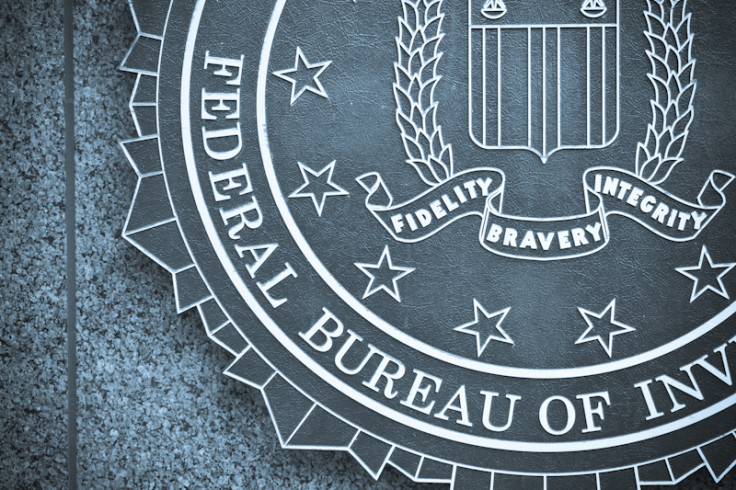Top Gartner analyst calls on FBI to 'stop bullying Apple' and do some proper intelligence work

A distinguished Gartner analyst has called on US law enforcement to "stop bullying Apple" and instead do some proper investigative work in the ongoing case of the San Bernardino shooter. Avivah Litan, who is a vice president of Garter Research and has more than 30 years experience in the IT industry, said that intelligence has now become a data science job and that there is "plenty of data out there" that the FBI would be better pursuing instead of focusing on breaking iPhone encryption.
"I wish [the FBI] would stop bullying Apple and the technology industry around and spend their time and energy instead on figuring out how to rise to the challenge," she wrote in a blog post.
Litan argues that there's a slew of extra data available to the FBI, even if it is unable to read the contents of the iPhone 5C recovered from the processions of the San Bernardino shooters Syed Rizwan Farook and Tashfeen Malik in 2015. The controversial case has escalated between the technology industry and the US police as Apple CEO Tim Cook stands strong on the view that aiding the FBI to break into the device would leave his millions of customers at risk and set a dangerous precedent.
"Following the attack, the FBI confiscated Farook's personal/work issued iPhone and that seems to have become the centrepiece of their investigation efforts," said Litan. "But surely there is a wealth of intelligence the FBI can go after instead of strong-arming Apple's employees into writing a piece of code that potentially harms the rest of us in significant ways. The FBI does in fact know the phone number of the shooter's personal/work-issued iPhone, and its agents can obtain location and cellular records on other phones that travelled alongside that iPhone as the terrorists moved around."
The Gartner analyst outlined how, based on conversations with former intelligence sources, there is much more valuable data the FBI should be mining – explaining that efforts should instead be on gaining communications data from the mobile service provider.
"Using the cellular network data, the FBI and its agents can discover the communications between Farook's and his wife's various phones, and discover the patterns of communications that indicate the linkages with other fellow terrorists and sympathisers. The law enforcement agents can also link the various IP addresses or phone numbers/devices that are discovered to other information they can cull from other sources.
"By establishing these linkages, they could discover a chat room or forum where the terrorists meet to collaborate and they could cull the logs from those forums to look for patterns and meaningful information that might indicate prominent actors involved in the actual attacks [...] using data mining and various algorithms, they could pinpoint the attackers' communications and discover the network of individuals they communicated with, some of which no doubt would be the collaborators the FBI and the rest of us are so eager to find."
Most recently, a New York district judge ruled in Apple's favour in case eerily similar to the San Bernardino case, deciding that the US government's request to force the technology giant to unlock an iPhone in a separate drugs investigation could not be justified under a 227-year-old law.
© Copyright IBTimes 2025. All rights reserved.






















